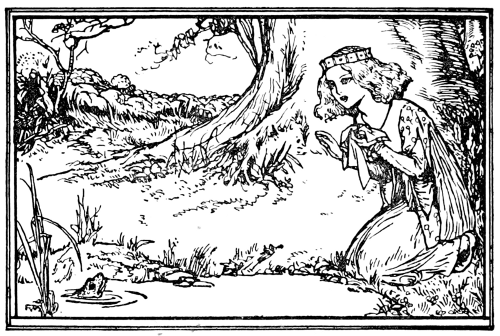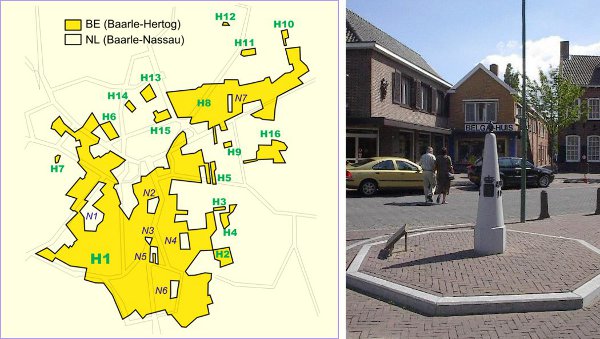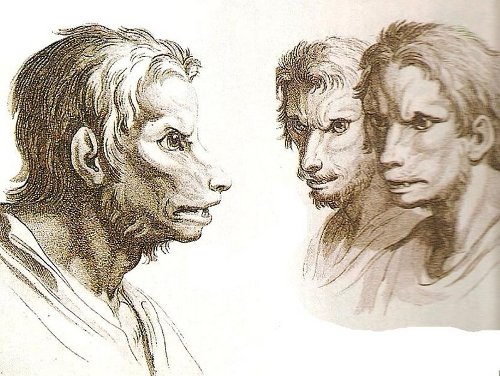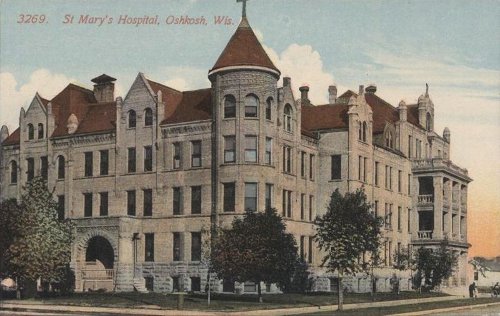No need for confusion if we but recall
That Easter on the first Sunday after the full moon following the vernal equinox doth fall.
— Justin Richardson
No need for confusion if we but recall
That Easter on the first Sunday after the full moon following the vernal equinox doth fall.
— Justin Richardson

When you’re a princess you have to kiss a lot of frogs. But you can see only one frog at a time, and once you reject a frog you can’t return to it. How can you know when to stop hoping for a prince and settle down with the frog you have?
“Surprisingly, … there is a method which enables us to select the best candidate with a probability of nearly 30% even if n is a large number,” writes Gabor Szekely in Paradoxes in Probability Theory and Mathematical Statistics (2001). “Let the first 37% (more precisely, 100/e%) of the candidates go and then select the first one better than any previous candidate (if none are better, select the last). In this case the chance of selecting the best is approximately 1/e, i.e. ≈37% however great n is.”
So if there are 100 frogs in the forest, reject the first 37 and then choose the first one that seems to beat all the others. There’s about a 37 percent chance that it’s the best one.
“It is equally pointless to weep because we won’t be alive a hundred years from now as that we were not here a hundred years ago.” — Montaigne

Through an accident of history, the Belgian town of Baarle-Hertog is located largely inside the Netherlands — it’s made up of 24 separate parcels of land, 20 of which lie inside the Dutch border, enmeshed with the Dutch municipality of Baarle-Nassau. To make things more confusing, two of these pockets of Belgium themselves contain pockets of the Netherlands.
This makes life interesting. Each house is deemed to pay taxes in the country where its front door is located, which means that some shops contrive to move their doors by several meters to get a favorable rate. A house can move to another country by moving its front door. Tourists who go shopping can encounter two tax regimes in the same street. And a child born to one Belgian and one Dutch parent possesses two passports.
At one point the speed limit was 60 kmh in the Netherlands and 50 kmh in Belgium, a perilous situation when a motorist might cross the border several times a minute. “Once, a motorcycle accident happened in front of Baarle’s cultural center,” writes Evgeny Vinokurov in A Theory of Enclaves (2007). “It happened on the territory of Baarle-Hertog but so close to the border running across the street that the man was dragged along to Baarle-Nassau. The ambulance from Baarle-Hertog arrived but did not help the bleeding man.”
And in 1971 a corrupt bank occupied a building that straddled the border, which permitted it to avoid being searched by the authorities of either state. The Belgian tax department couldn’t reach the safe, which lay behind “Dutch” counters. And the Dutch authorities could pass the counters but couldn’t open the safe, which was “Belgian.” Finally, authorities from both states undertook to search the premises in a joint effort, and the bank was eventually declared bankrupt after investigations into the laundering of drug money.
What Robert Benchley learned in his first year at Harvard:
“My courses were all selected with a very definite aim in view, with a serious purpose in mind,” he wrote. “No classes before eleven in the morning or after two-thirty in the afternoon, and nothing on Saturday at all. On that rock was my education built.”

One night an errant Werewolf fled
His wife and child and visited
A village teacher’s sepulchre
And begged him: “Conjugate me, sir!”
The village teacher then awoke
And standing on his scutcheon spoke
Thus to the beast, who made his seat
With crossed paws at the dead man’s feet:
“The Werewolf,” said that honest wight,
“The Willwolf — future, am I right?
The Wouldwolf — wolf conditional,
The Beowulf — father of them all!”
These tenses had a pleasing sound,
The Werewolf rolled his eyeballs round,
And begged him, as he’d gone so far,
Add plural to the singular.
The village teacher scratched his head;
He’d never heard of that, he said.
Though there were “wolves” in packs and swarms,
Of “were” could be no plural forms!
There werewolf rose up blind with tears
— He’s had a wife and child for years!
But being ignorant of letters
He went home thankful to his betters.
— Christian Morgenstern
In 1930 Dashiell Hammett reviewed mystery fiction for the New York Evening Post. Dismayed at the blunders he encountered, he published 24 “suggestions that might be of value to somebody.” Excerpts:
Also: “A trained detective shadowing a subject does not ordinarily leap from doorway to doorway and does not hide behind trees and poles. He knows no harm is done if the subject sees him now and then.”

Here’s a long corridor with a moving walkway. Let’s race to the far end and back. We’ll both run at the same speed, but you run on the floor and I’ll run on the walkway, going “downstream” to the far end and “upstream” back to this point. Who will win?
logodaedalus
n. an inventor of words and phrases
I once had the honour of meeting a philosopher called McIndoe
Who had once had the honour of being flung out of an upstairs window.
During his flight, he said, he commenced an interesting train of speculation
On why there happened to be such a word as defenestration.
There is not, he said, a special word for being rolled down a roof into a gutter;
There is no verb to describe the action of beating a man to death with a putter;
No adjective exists to qualify a man bound to the buffer of the 12.10 to Ealing,
No abstract noun to mollify a man hung upside down by his ankles from the ceiling.
Why, then, of all the possible offences so distressing to humanitarians,
Should this one alone have caught the attention of the verbarians?
I concluded (said McIndoe) that the incidence of logodaedaly was purely adventitious.
About a thirtieth of a second later, I landed in a bush that my great-aunt brought back from Mauritius.
I am aware (he said) that defenestration is not limited to the flinging of men through the window.
On this occasion, however, it was so limited, the object defenestrated being I, the philosopher, McIndoe.
— R.P. Lister

It must be confessed at the outset that Oshkosh is not a beautiful word. Its pronunciation is suggestive of a man struggling with a mouthful of hot mush, and to the irreverent it is a perfect rhyme to ‘gosh.’ But, on the other hand, the word has its advantages. It is an ideal word for advertising purposes. Once heard the word cannot be forgotten. Furthermore, to say that one comes from Oshkosh is in itself a mark of distinction. To be sure, few persons do come from Oshkosh. They are afraid of being made fun of, but when they do wander from the Oshkosh fireside, they attract as much attention as the pachyderm contingent of a circus parade. In a drawing-room the citizen from Oshkosh is the cynosure of all eyes, and he need fear but three rivals–the man from Kalamazoo, the man from Kokomo, and the man from Keokuk.
— Rochester Post Express, March 26, 1911